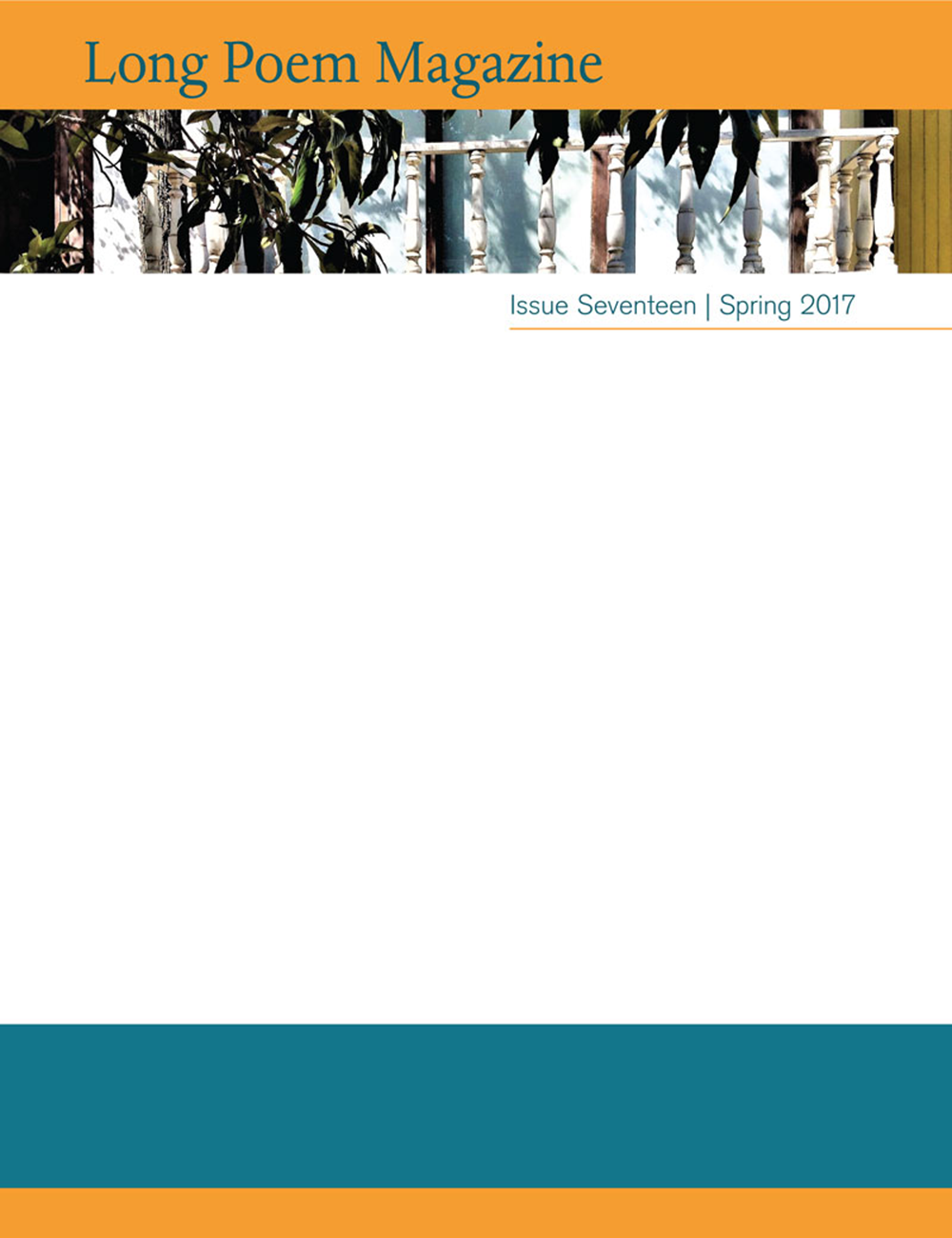Many poets share my fascination for famous poets’ houses. We inhabit their books and enter their stanzas; we like to haunt their houses and be haunted by them. We have an appetite to see, feel and touch what comprised ‘home’ for the great poet, hoping for inspiration, psychic frisson, influence on our own writing. A house can be a boat or in a tree. It can constitute home for a lifetime or for a few days. Tragically, ‘home’ is in the media most days as a place of unimaginable loss, as a lost shelter and loved place. I invited our contributors to share their experiences of famous poets’ houses. Most evoke their rich and vivid sense of the house as a place where they connected with the poet and felt inspired. For others the encounter elicited mixed or even negative feelings.
When Iain Britton visited ‘The Boathouse’, Laugharne, ‘it still looked exactly as it had done when the [Dylan] Thomas family lived there in the early 50s. Standing in rooms soon to become iconic in the history of Welsh literature and across the world affected me greatly. His influence on my first poems was huge…’ Mary Robinson visited the house of another Welsh poet as a 16 year-old studying Six Modern Poets for exams: ‘We drove past Sarn Cottage… Just to know RS Thomas was there was enough. I believed in a kind of osmosis, that poetry would somehow seep through the air and into my psyche.’
Both Ágnes Lehóczky and Michael Sharp were haunted by the ghosts of poets who had endured war and persecution. Ágnes refers to ‘a little white house in a village called Balatonszárszó in Hungary’ from which Attila József ‘walks out in the dusk on the 3rd of November 1937 and never returns (alive) … still lots of the old and original furniture, gas stove, and somewhere in one of the rooms his blood-stained shirt…’ Michael Sharp writes: ‘Some years ago, I visited Chatham Manor, the site of a Union hospital overlooking the Rappahannock in Virginia and stood at a window in an empty room. I was alone, and yet I felt a presence as if someone else, others, were with me. Later, I read that Walt Whitman had wound dressed the “unclean and bloody” in this house in 1862’ and he wonders if ‘that feeling of “presence” is what Lorca meant by duende, that mysterious force that everyone senses but no one can explain.’
Dilys Wood’s visit to the Brontë Parsonage Museum as ‘an impressionable child’ made a chilling impression: ‘each room had its death, except the kitchen where Emily cauterised a rabid dog bite with a red-hot poker … The giant literary figures who had lived in these small, claustrophobic rooms loomed up with faces distorted by passion.’ Robert Minhinnick’s trip to Glyn Jones’s house at 158 Manor Way, Cardiff, was decidedly downbeat: ‘immaculate and, well, dull. The house was filled with books I could not imagine reading…’
Susie Campbell’s disappointment that Dante’s house in Florence was not his actual home was mitigated by discovering that ‘although the poet himself evaded me, the architecture and location of “his” house’ reflected the number three which is built into The Divine Comedy … ‘how the imagination internalises structures and ways of organising experience … how so much of the poetic journey is an exploration of those structures.’
Of his visit to Dr Johnson’s house at 17 Gough Square, London, Simon Collings writes: ‘Johnson [who wrote hymn lyrics] was the first writer to conceive of a dictionary as a literary work. A lot of what I write about is the instability of “meaning” in a text. I have long been interested in the way the increasing focus on ordering, cataloguing, classifying which takes off in the 17th century leads not to the eventual uncovering of universal “laws” but to a realisation that all “knowledge” is provisional and relative.’
Thanks to all contributors. I will end with DM Black’s wonderful quote from Martin Luther, which he came across when visiting Wartburg Castle, Germany, where Luther translated the New Testament of the Bible into German: If I knew the world would end tomorrow, I would still plant my apple-trees today.
Lucy Hamilton, May 2017
